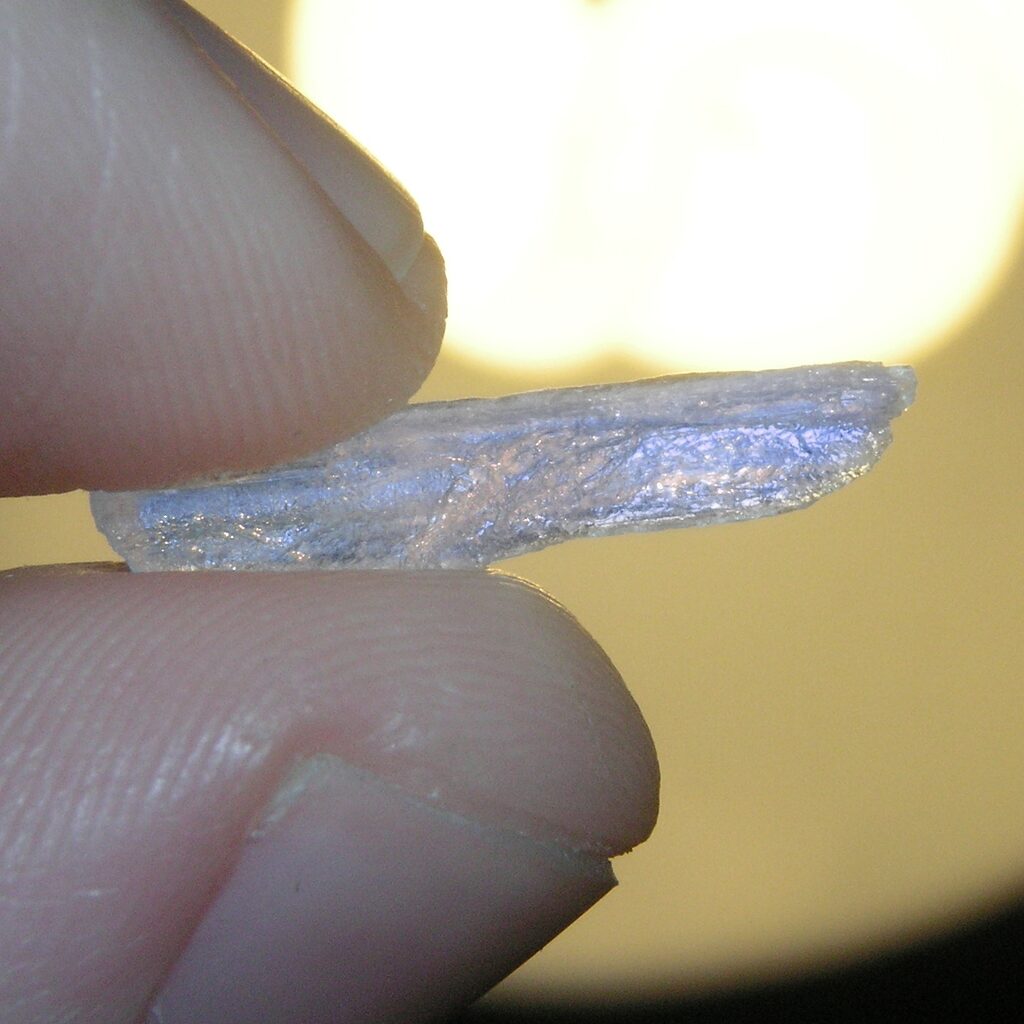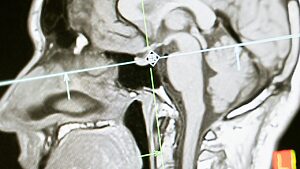Methamphetamine, commonly known as meth, has become a significant problem in rural Texas communities. This powerful and highly addictive stimulant affects individuals, families, and entire communities. At Texas Recovery Centers, we’re committed to educating the public about the dangers of meth use and providing effective treatment solutions for those struggling with addiction.
The Meth Crisis in Rural Texas
Understanding the Scope
Meth use in rural Texas has reached alarming levels in recent years. Factors contributing to this crisis include:
- Ease of production using readily available materials
- Lower cost compared to other drugs
- Limited access to addiction treatment services in rural areas
- Economic challenges and unemployment in some rural communities
Impact on Communities
The meth epidemic affects rural Texas communities in numerous ways:
- Increased crime rates
- Strain on local healthcare systems
- Economic burden on social services
- Environmental damage from meth lab contamination
Signs of Meth Use
Recognizing the signs of meth use is crucial for early intervention. Here are some common indicators:
Physical Signs
- Sudden weight loss
- Dental problems
- Skin sores and acne
- Dilated pupils
- Rapid eye movement
- Twitching or jerky movements
Behavioral Signs
- Increased agitation and paranoia
- Erratic sleep patterns
- Intense bursts of physical activity
- Decreased appetite
- Obsessive focus on repetitive tasks
- Social isolation
Environmental Signs
- Presence of drug paraphernalia (e.g., small bags, glass pipes)
- Strong chemical odors
- Increased secrecy about activities and whereabouts
- Unexplained financial problems
Symptoms of Meth Addiction
Long-term meth use can lead to severe addiction and numerous health problems. Symptoms of meth addiction include:
Physical Symptoms
- Severe tooth decay and gum disease
- Significant weight loss and malnutrition
- Cardiovascular problems
- Liver, kidney, and lung damage
- Increased risk of stroke
- Weakened immune system
Psychological Symptoms
- Anxiety and depression
- Psychosis (hallucinations and delusions)
- Cognitive impairment
- Mood swings
- Aggressive or violent behavior
- Suicidal thoughts
Social and Behavioral Symptoms
- Neglect of personal hygiene and responsibilities
- Strained relationships with family and friends
- Financial difficulties
- Legal problems
- Loss of interest in previously enjoyed activities
- Risky sexual behavior

Solutions: Addressing Meth Addiction in Rural Texas
Combating the meth crisis in rural Texas requires a multifaceted approach involving prevention, treatment, and community support.
Prevention Strategies
- Education: Implement comprehensive drug education programs in schools and communities.
- Community Awareness: Host town hall meetings and events to raise awareness about meth use and its consequences.
- Prescription Drug Monitoring: Enhance monitoring of prescription stimulants that can be used to produce meth.
- Support for At-Risk Youth: Develop mentoring and after-school programs to support vulnerable youth.
Treatment Options
- Detoxification: Medically supervised detox to manage withdrawal symptoms safely.
- Inpatient Rehabilitation: Intensive, residential treatment programs for severe addiction cases.
- Outpatient Programs: Flexible treatment options for those who can’t commit to full-time residential care.
- Cognitive Behavioral Therapy (CBT): Evidence-based therapy to address underlying issues and develop coping skills.
- Support Groups: 12-step programs and other peer support groups to maintain long-term recovery.
- Medication-Assisted Treatment: When appropriate, medications to manage cravings and support recovery.
Community Support
- Recovery-Friendly Workplaces: Encourage local businesses to support employees in recovery.
- Sober Living Homes: Establish safe, supportive housing for individuals in early recovery.
- Family Support Programs: Provide resources and counseling for families affected by meth addiction.
- Job Training and Education: Offer opportunities for skill development and career advancement.
How Texas Recovery Centers Can Help
At Texas Recovery Centers, we understand the unique challenges faced by individuals struggling with meth addiction in rural Texas. Our comprehensive treatment programs are designed to address all aspects of addiction and support long-term recovery.
Our Approach
- Personalized Treatment Plans: We tailor our treatment approaches to meet each individual’s specific needs and circumstances.
- Evidence-Based Therapies: Our programs incorporate proven therapies such as CBT, Dialectical Behavior Therapy (DBT), and Motivational Interviewing.
- Dual Diagnosis Treatment: We address co-occurring mental health disorders alongside addiction.
- Family Involvement: We offer family therapy and education to support healing for the entire family unit.
- Aftercare Planning: We provide ongoing support and relapse prevention strategies post-treatment.
Specialized Meth Addiction Treatment
Our meth addiction treatment program includes:
- Medically Supervised Detox: Safe management of withdrawal symptoms under medical supervision.
- Intensive Therapy: Individual and group therapy sessions focused on addressing the root causes of addiction.
- Life Skills Training: Developing essential skills for maintaining sobriety and building a fulfilling life in recovery.
- Nutritional Counseling: Addressing the physical health impacts of long-term meth use.
- Holistic Therapies: Incorporating mindfulness, yoga, and other complementary therapies to support overall well-being.
Accessible Care for Rural Communities
We recognize the unique challenges faced by rural communities in accessing addiction treatment. To address this, we offer:
- Telehealth Services: Remote counseling and support for individuals unable to access in-person treatment.
- Transportation Assistance: Help with arranging transportation to and from our treatment center.
- Flexible Treatment Options: A range of program intensities to accommodate different needs and schedules.
- Community Outreach: Regular visits to rural communities to provide education and screening services.
Taking the First Step Towards Recovery
Meth addiction is a serious issue, but recovery is possible with the right support and treatment. If you or a loved one is struggling with meth addiction in rural Texas, don’t hesitate to reach out for help.
Call Texas Recovery Centers today at 888-354-2194 to speak with one of our addiction specialists. We’re here to answer your questions, address your concerns, and help you take the first step on your journey to recovery.
Remember, seeking help is a sign of strength, not weakness. With the right support and treatment, you can overcome meth addiction and build a healthier, more fulfilling life. Let Texas Recovery Centers be your partner in recovery, guiding you towards a brighter, drug-free future.













